At COP29, countries agreed to an annual financial target of $300 billion to help poorer countries cope with the impacts of climate change.
Reuters updated on November 25 that according to an agreement reached at the United Nations Climate Change Conference (COP29) in Baku (capital of Azerbaijan), countries agreed on an annual financial target of 300 billion USD to help poorer countries cope with the impacts of climate change, in which rich countries lead the spending.
The new target replaces a previous pledge by developed countries to provide $100 billion in climate finance a year to poorer nations by 2020. That target was met two years late, in 2022, and expires in 2025.
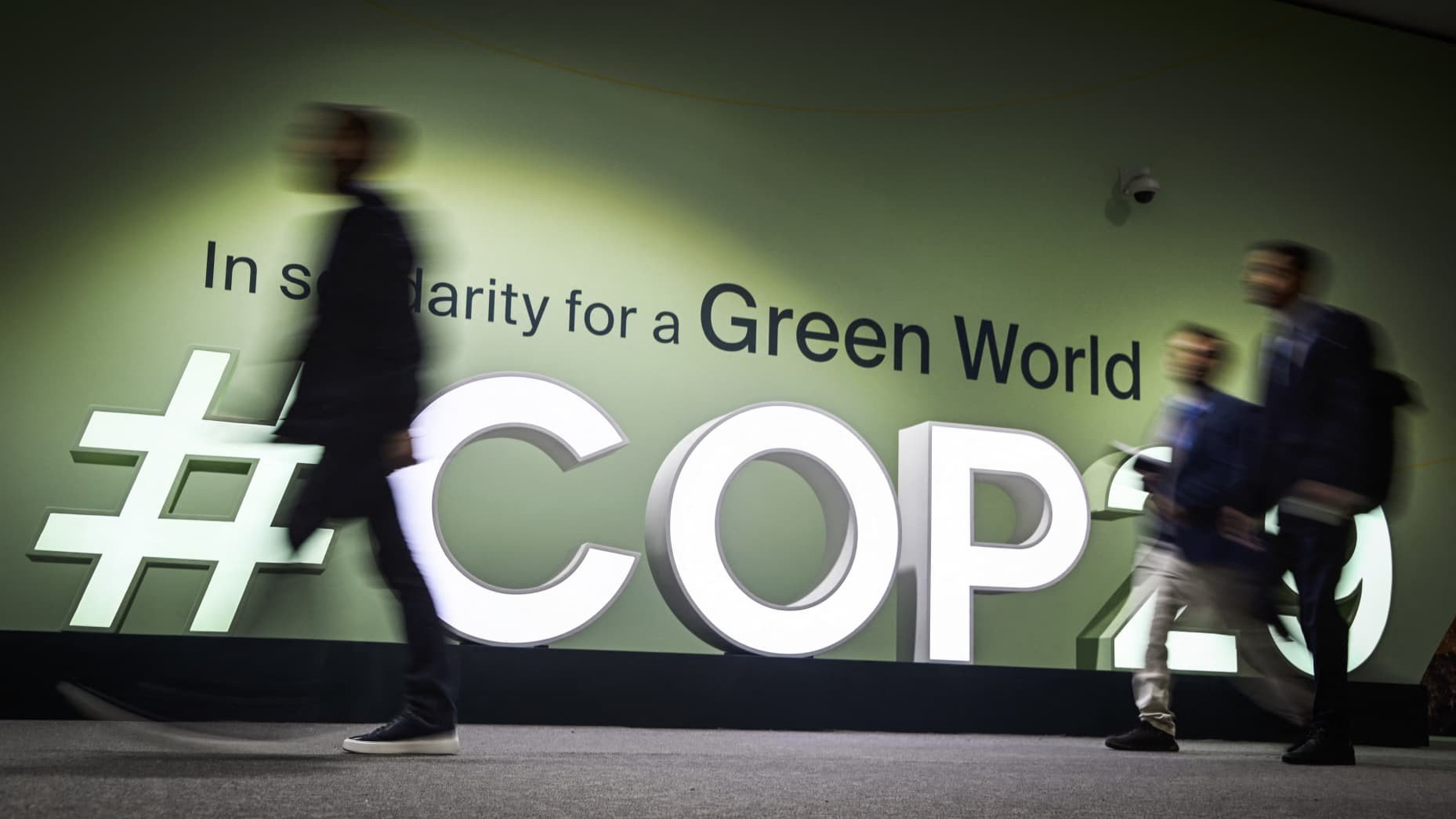 |
| COP29 conference reached an important agreement on spending to fight climate change. Photo: CNBC |
On the new deal, UN climate chief Simon Steill hailed it as an insurance policy for humanity.
" It has been a difficult journey but we have reached a deal. This deal will continue to fuel the clean energy boom and protect billions of lives. It will help all countries share in the huge benefits of bold climate action: more jobs, stronger growth, cheaper and cleaner energy for everyone. But like any insurance policy, it only works if premiums are paid in full and on time, " said Simon Stiell after the deal was approved.
The COP29 climate conference in the Azerbaijani capital was due to end on November 22, but was extended as negotiators from nearly 200 countries struggled to reach consensus on a climate financing plan for the next decade.
The summit has gone to the heart of the debate about the financial responsibility of industrialized countries, whose history of fossil fuel use has caused the bulk of greenhouse gas emissions, to compensate others for the increasingly severe damage caused by climate change. That leaves developing countries reeling from the costs of storms, floods and droughts.
Countries have also agreed on rules for a global market to buy and sell carbon credits that proponents say could mobilize billions of dollars in new projects to help fight global warming, from planting forests to deploying clean energy technology.
Countries are seeking finance to meet the Paris Agreement goal of limiting global temperature rise to 1.5 degrees Celsius. According to a UN report, the world is now on track to warm up to 3.1 degrees Celsius, with global greenhouse gas emissions and fossil fuel use continuing to rise.
The list of countries asked to contribute $300 billion includes industrialized countries, including the United States, European nations and Canada, and originates from a list decided during the 1992 United Nations climate talks.
European governments have asked others to join them in contributing, including China, the world's second-largest economy , and the oil-rich Gulf states. The agreement encourages developing countries to contribute but does not require them.
The deal also includes a broader target of mobilizing $1.3 trillion in annual climate finance by 2035, including funding from all public and private sources. Economists say this is in line with the amount needed to tackle global warming.
But securing the deal has been a challenge from the start, with doubts rising that President-elect Donald Trump will back the deal when he takes office.
Meanwhile, Western governments are seeing global warming slip down the list of national financial priorities amid rising geopolitical tensions, including the Russia-Ukraine conflict and growing tensions in the Middle East, as well as rising inflation. The agreement on contributions for developing countries comes in a year that scientists say will be the hottest on record.
Source: https://congthuong.vn/buoc-ngoat-cop29-dat-thoa-thuan-gop-300-ty-usd-de-ho-tro-bien-doi-khi-hau-cho-cac-nuoc-ngheo-hon-360720.html




![[Photo] President Luong Cuong attends the 80th Anniversary of the Traditional Day of Vietnamese Lawyers](https://vphoto.vietnam.vn/thumb/1200x675/vietnam/resource/IMAGE/2025/10/09/1760026998213_ndo_br_1-jpg.webp)
![[Photo] General Secretary To Lam visits Kieng Sang Kindergarten and the classroom named after Uncle Ho](https://vphoto.vietnam.vn/thumb/1200x675/vietnam/resource/IMAGE/2025/10/09/1760023999336_vna-potal-tong-bi-thu-to-lam-tham-truong-mau-giao-kieng-sang-va-lop-hoc-mang-ten-bac-ho-8328675-277-jpg.webp)
![[Photo] Prime Minister Pham Minh Chinh chairs a meeting of the Government Standing Committee on overcoming the consequences of natural disasters after storm No. 11](https://vphoto.vietnam.vn/thumb/1200x675/vietnam/resource/IMAGE/2025/10/09/1759997894015_dsc-0591-jpg.webp)





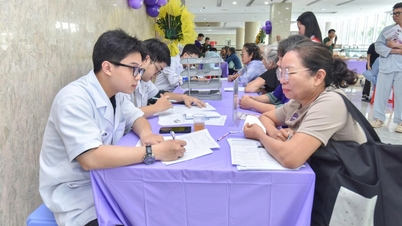
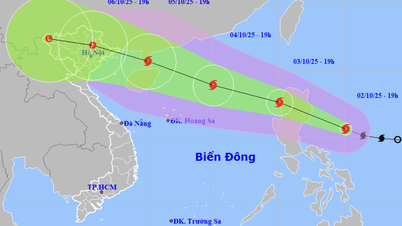

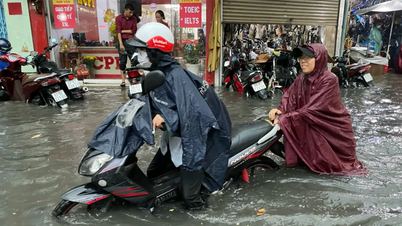

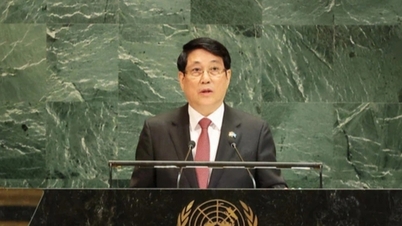




















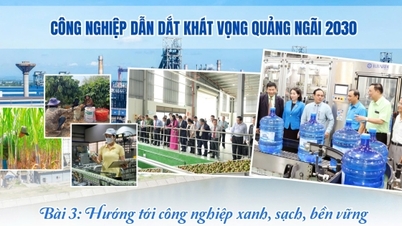
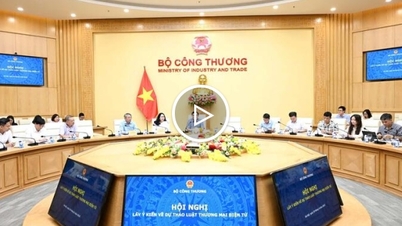





































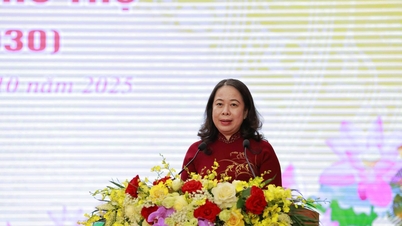


























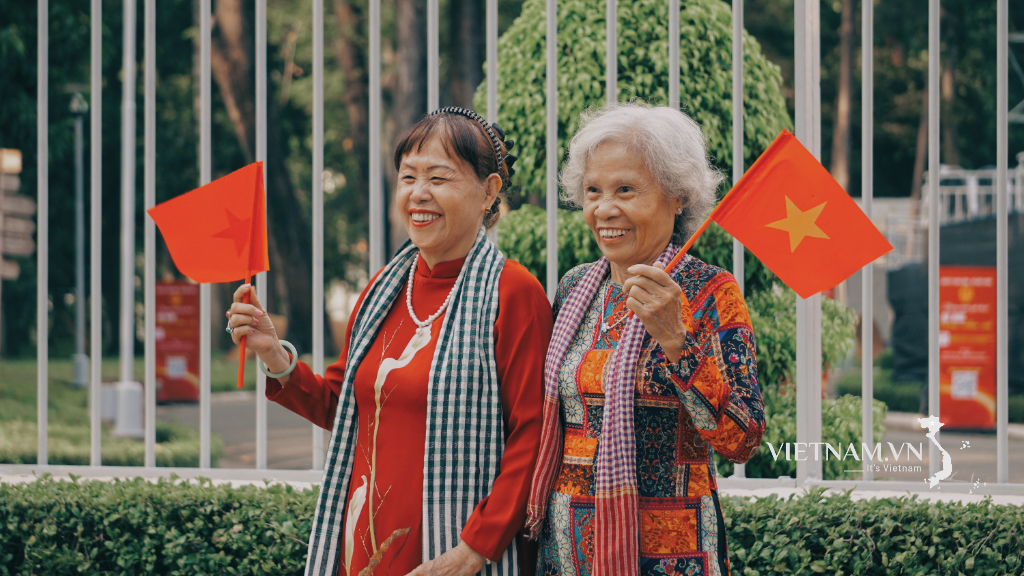
Comment (0)